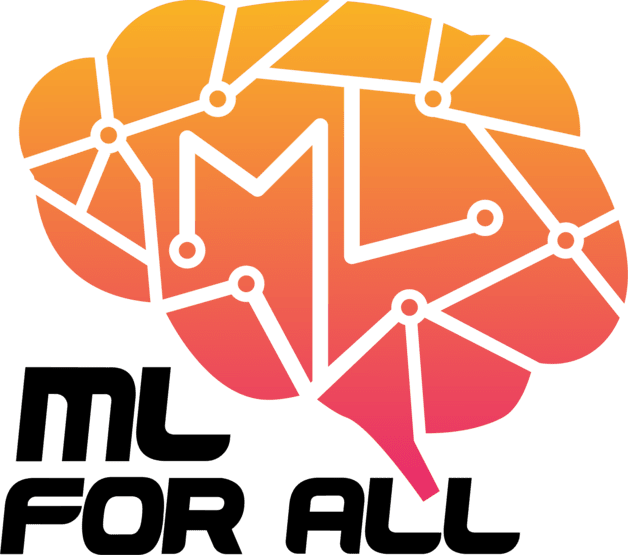
Industry-Ready AI Skills
Artificial Intelligence (AI) is revolutionizing industries worldwide, from healthcare and finance to retail and manufacturing. As AI continues to evolve, the demand for industry-ready AI skills is growing rapidly. This article explores the essential AI skills required for various industries and how they can be applied to drive innovation and efficiency.
Register Your Details
List of AI Skills
Machine Learning (ML)
- Understanding algorithms, model training, and evaluation.
- Proficiency in supervised, unsupervised, and reinforcement learning.
Deep Learning
- Knowledge of neural networks, including Convolutional Neural Networks (CNNs) and Recurrent Neural Networks (RNNs).
- Experience with frameworks such as TensorFlow and PyTorch.
Natural Language Processing (NLP)
- Techniques for processing and analyzing human language.
- Familiarity with sentiment analysis, language translation, and chatbot development.
Computer Vision
- Skills in image and video analysis.
- Application of techniques like object detection, image segmentation, and facial recognition.
Data Science
- Proficiency in data manipulation, statistical analysis, and visualization.
- Expertise in tools such as Python, R, and SQL.
Robotics Process Automation (RPA)
- Understanding automation tools and frameworks.
- Ability to design and implement automated workflows.
Big Data Technologies
- Knowledge of Hadoop, Spark, and data warehousing solutions.
- Skills in handling and processing large datasets.
AI Ethics and Governance
- Awareness of ethical issues in AI development and deployment.
- Skills in developing frameworks for responsible AI use.
Programming and Software Development
- Proficiency in languages such as Python, Java, and C++.
- Experience with software development practices and version control.
Cloud Computing
- Skills in deploying and managing AI solutions on cloud platforms like AWS, Azure, and Google Cloud

Industry-Specific AI Skills
Healthcare
- Predictive Analytics
- Analyzing patient data to predict disease outbreaks and treatment outcomes.
- Medical Imaging
- Using AI for image analysis in radiology, pathology, and other medical fields.
- Personalized Medicine
- Developing AI models to tailor treatments based on individual patient data.
Finance
- Algorithmic Trading
- Designing AI-driven trading algorithms for stock market prediction and automated trading.
- Fraud Detection
- Implementing AI systems to identify and prevent fraudulent activities.
- Risk Management
- Utilizing AI to assess and manage financial risks.
Retail
- Customer Analytics
- Analyzing customer behavior and preferences to enhance the shopping experience.
- Inventory Management
- Using AI for demand forecasting and optimizing stock levels.
- Personalization Engines
- Developing recommendation systems to provide personalized product suggestions.
Manufacturing
- Predictive Maintenance
- Implementing AI to predict equipment failures and schedule maintenance.
- Quality Control
- Using computer vision to inspect products and ensure quality standards.
- Supply Chain Optimization
- Leveraging AI to streamline supply chain operations and reduce costs.
Transportation
- Autonomous Vehicles
- Developing AI systems for self-driving cars and autonomous delivery vehicles.
- Route Optimization
- Using AI to optimize delivery routes and improve logistics efficiency.
- Traffic Management
- Implementing AI solutions for real-time traffic monitoring and management.
Marketing
- Customer Segmentation
- Analyzing customer data to create targeted marketing campaigns.
- Sentiment Analysis
- Using NLP to gauge customer sentiment and feedback.
- Ad Optimization
- Employing AI to optimize ad placements and maximize ROI.
Conclusion
The integration of AI across industries is driving a new wave of innovation and efficiency. To stay competitive, professionals must develop industry-ready AI skills tailored to their specific fields. Whether it’s predictive analytics in healthcare, algorithmic trading in finance, or autonomous systems in transportation, mastering these skills will enable individuals to leverage AI’s full potential and contribute to their industry’s advancement.
